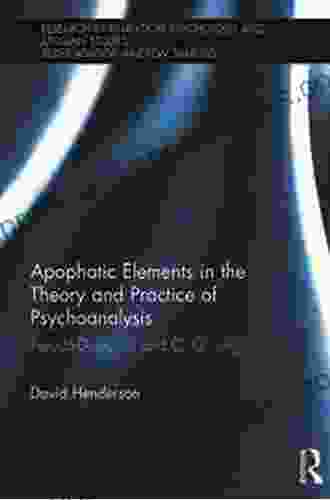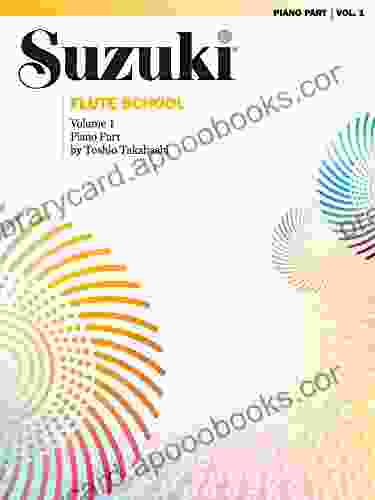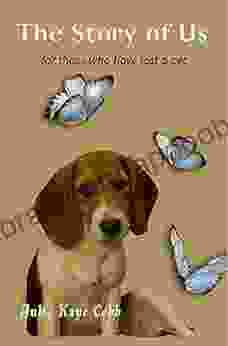Pseudo-Dionysius and Jung: A Journey into the Unconscious

In the realm of psychology, the works of Pseudo-Dionysius and Carl Jung have profoundly shaped our understanding of the human psyche. While separated by centuries, these two enigmatic figures share a remarkable connection, exploring the depths of the unconscious and illuminating the transformative journey of individuation.
5 out of 5
| Language | : | English |
| File size | : | 529 KB |
| Text-to-Speech | : | Enabled |
| Screen Reader | : | Supported |
| Enhanced typesetting | : | Enabled |
| Word Wise | : | Enabled |
| Print length | : | 182 pages |
Pseudo-Dionysius: The Mystic and Theologian
Pseudo-Dionysius, a 5th-century Syrian monk, wrote a series of mystical treatises that have deeply influenced Christian thought. Known for his elaborate and symbolic language, Pseudo-Dionysius sought to express the ineffable nature of God through negative theology, emphasizing the limitations of human reason in grasping the divine.
Central to Pseudo-Dionysius's thought is the concept of the "Divine Dark," a mysterious and unknowable realm beyond human comprehension. This darkness, however, is not a void but a fertile ground for the emergence of the divine within the human soul.
Jung: The Father of Analytical Psychology
Carl Jung, a Swiss psychiatrist, emerged as a towering figure in the 20th century, revolutionizing the field of psychology with his groundbreaking theories. Jung's work centered on the exploration of the unconscious mind, which he believed contained a vast reservoir of archetypes, universal human experiences, and patterns shared by all cultures.
Jung's concept of individuation, the process of psychological growth and self-discovery, emphasized the integration of the unconscious into conscious awareness. This journey, he believed, involved confronting the shadow, the dark and repressed aspects of the self, and embracing the anima and animus, the feminine and masculine archetypes within each individual.
The Connection Between Pseudo-Dionysius and Jung
Despite their historical separation, Pseudo-Dionysius and Jung share striking parallels in their exploration of the unconscious. Both recognized the profound influence of the transcendent and the importance of delving into the depths of the psyche for personal growth and spiritual transformation.
Pseudo-Dionysius's concept of the Divine Dark resonates with Jung's view of the unconscious as a vast and unknown realm. Both believed that this darkness is not to be feared but embraced as a source of creativity, insight, and connection to the divine.
Furthermore, Pseudo-Dionysius's emphasis on negative theology parallels Jung's understanding of the paradoxical and elusive nature of the psyche. Just as Pseudo-Dionysius sought to describe God through negation, Jung recognized that the unconscious could only be approached indirectly, through symbols, dreams, and the process of individuation.
Implications for Analytical Psychology and Jungian Studies
The exploration of the Pseudo-Dionysian corpus within the context of Jungian studies has profound implications for our understanding of the human psyche. By bridging the gap between ancient mysticism and modern psychology, we gain a deeper appreciation for the enduring nature of human spiritual seeking and the timeless relevance of the unconscious.
The insights of Pseudo-Dionysius provide a fresh perspective on Jung's theories, illuminating the spiritual and transcendent dimensions of individuation. This integration enriches our understanding of the unconscious, offering a more holistic approach to psychological healing and self-discovery.
The convergence of Pseudo-Dionysius and Jung in the realm of analytical psychology and Jungian studies opens up a fascinating and transformative path of exploration. Their combined wisdom invites us to journey into the depths of the unconscious, confront our shadows, and embrace the transformative power of the divine. By integrating the ancient wisdom of Pseudo-Dionysius with the groundbreaking theories of Jung, we deepen our understanding of the human psyche and pave the way for a more meaningful and fulfilling life.
5 out of 5
| Language | : | English |
| File size | : | 529 KB |
| Text-to-Speech | : | Enabled |
| Screen Reader | : | Supported |
| Enhanced typesetting | : | Enabled |
| Word Wise | : | Enabled |
| Print length | : | 182 pages |
Do you want to contribute by writing guest posts on this blog?
Please contact us and send us a resume of previous articles that you have written.
 Book
Book Novel
Novel Page
Page Chapter
Chapter Text
Text Story
Story Genre
Genre Reader
Reader Library
Library Paperback
Paperback E-book
E-book Magazine
Magazine Newspaper
Newspaper Paragraph
Paragraph Sentence
Sentence Bookmark
Bookmark Shelf
Shelf Glossary
Glossary Bibliography
Bibliography Foreword
Foreword Preface
Preface Synopsis
Synopsis Annotation
Annotation Footnote
Footnote Manuscript
Manuscript Scroll
Scroll Codex
Codex Tome
Tome Bestseller
Bestseller Classics
Classics Library card
Library card Narrative
Narrative Biography
Biography Autobiography
Autobiography Memoir
Memoir Reference
Reference Encyclopedia
Encyclopedia Pat Hutchins
Pat Hutchins Lizzie Lewis
Lizzie Lewis Shanda Trofe
Shanda Trofe Amy Maroney
Amy Maroney Muriel Barbery
Muriel Barbery Larry Ferlazzo
Larry Ferlazzo Tessy Braun
Tessy Braun Amanda M Lee
Amanda M Lee Homer Hickam
Homer Hickam Sage Parker
Sage Parker Mark Bray
Mark Bray Sergiu Postolachi
Sergiu Postolachi Liza Wieland
Liza Wieland Katie Fforde
Katie Fforde Jane Sheldon
Jane Sheldon Paula Greathouse
Paula Greathouse Gary Y Okihiro
Gary Y Okihiro Anabel Bright
Anabel Bright Robert D Behn
Robert D Behn Paul Den Arend
Paul Den Arend
Light bulbAdvertise smarter! Our strategic ad space ensures maximum exposure. Reserve your spot today!
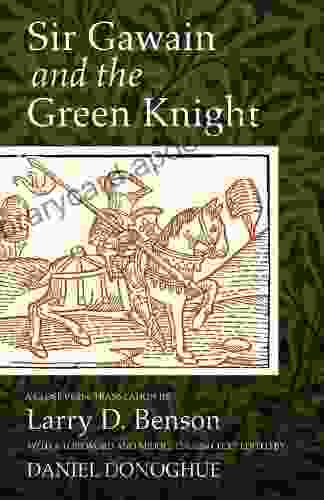
 Jamal BlairUnlocking the Lost Voices of Medieval Europe: A Comprehensive Guide to Close...
Jamal BlairUnlocking the Lost Voices of Medieval Europe: A Comprehensive Guide to Close...
 Kenneth ParkerConflicting Missions Havana Washington And Africa 1959 1976 Envisioning Cuba
Kenneth ParkerConflicting Missions Havana Washington And Africa 1959 1976 Envisioning Cuba
 Italo CalvinoNew Hope Galactic War Protagonist Wars: A Space Odyssey That Will Ignite Your...
Italo CalvinoNew Hope Galactic War Protagonist Wars: A Space Odyssey That Will Ignite Your...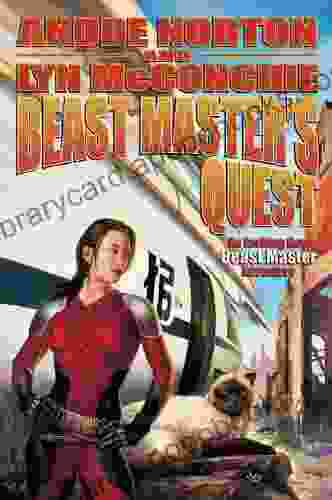
 Quentin PowellEmbark on an Epic Adventure with "Beastmaster: An Unforgettable Journey into...
Quentin PowellEmbark on an Epic Adventure with "Beastmaster: An Unforgettable Journey into... Harvey BellFollow ·9.7k
Harvey BellFollow ·9.7k Jordan BlairFollow ·6.7k
Jordan BlairFollow ·6.7k Harry HayesFollow ·13.9k
Harry HayesFollow ·13.9k Martin CoxFollow ·14.6k
Martin CoxFollow ·14.6k Raymond ChandlerFollow ·4.2k
Raymond ChandlerFollow ·4.2k Connor MitchellFollow ·8.6k
Connor MitchellFollow ·8.6k Javier BellFollow ·16.7k
Javier BellFollow ·16.7k Jorge AmadoFollow ·18.9k
Jorge AmadoFollow ·18.9k
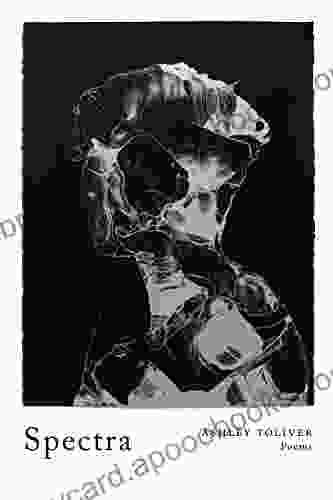
 Roald Dahl
Roald DahlImmerse Yourself in a Mesmerizing Tapestry of Creativity:...
Prepare to be captivated by "Spectra," an...
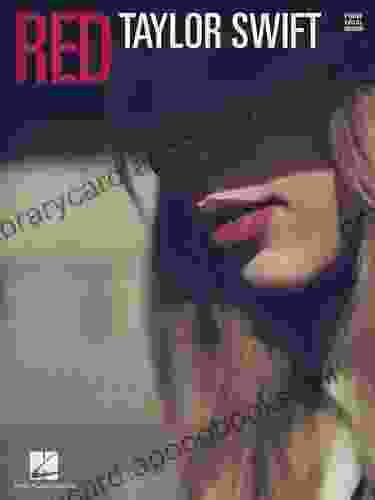
 Clarence Brooks
Clarence BrooksUnleash Your Inner Taylor with Red Piano Vocal Guitar:...
Embrace the Red Era...
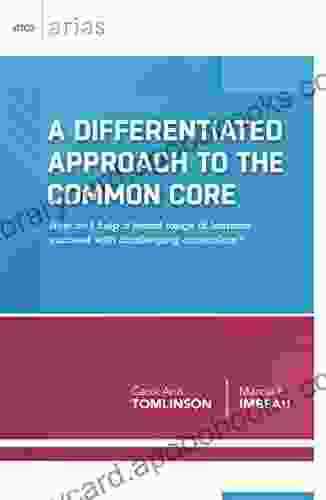
 Jeffrey Hayes
Jeffrey HayesUnlock Your Child's Academic Potential: A Comprehensive...
In today's rapidly changing...

 William Golding
William GoldingBrave Elizabeth: A Captivating Tale of Resilience and...
Immerse Yourself in a Riveting Historical...

 Curtis Stewart
Curtis StewartUnveiling the Heartfelt Melodies of Taylor Swift: A...
Step into the enchanting world of Taylor...
5 out of 5
| Language | : | English |
| File size | : | 529 KB |
| Text-to-Speech | : | Enabled |
| Screen Reader | : | Supported |
| Enhanced typesetting | : | Enabled |
| Word Wise | : | Enabled |
| Print length | : | 182 pages |


